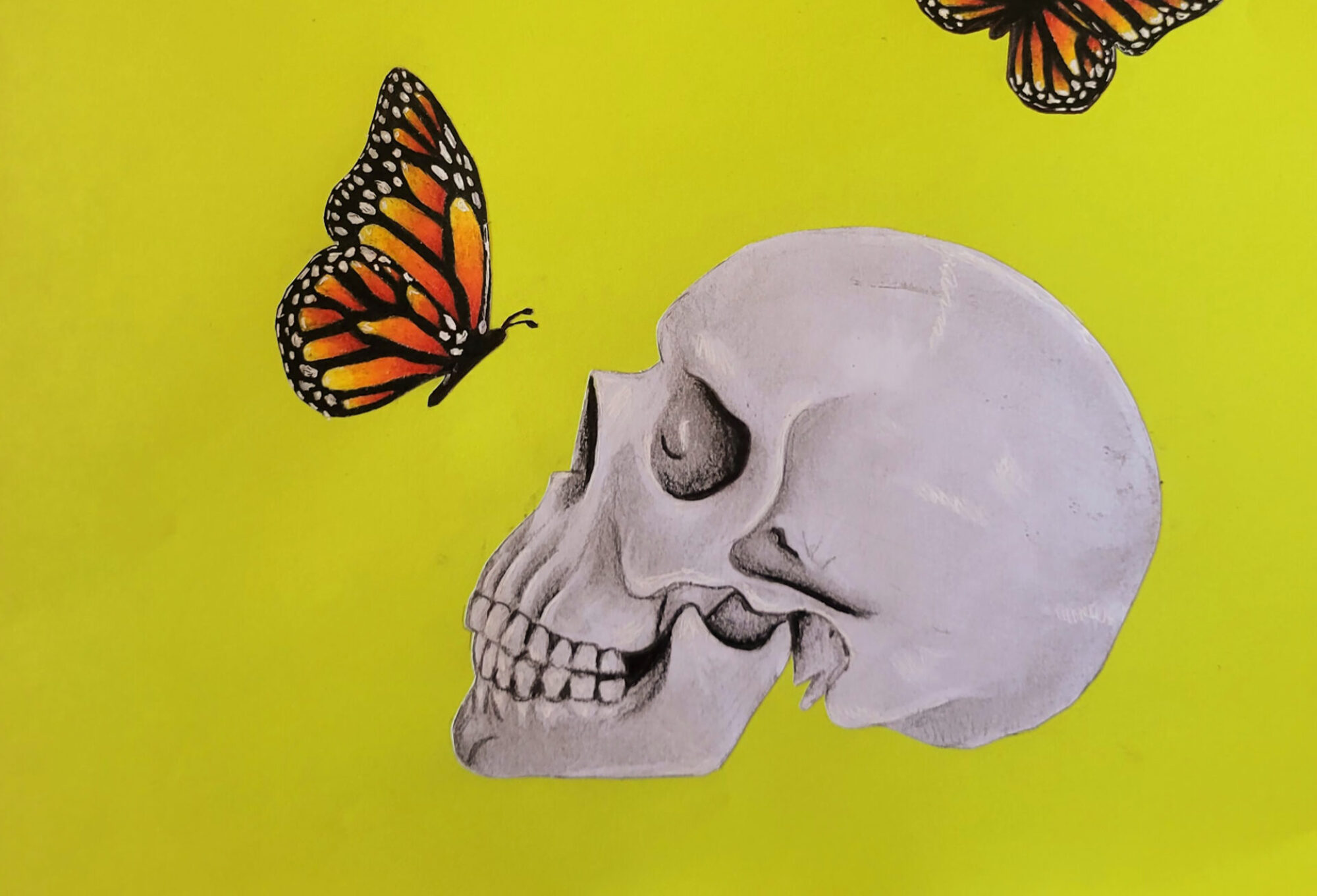The First Existentialist Poets
Have always been individuals trapped in existence
like everybody else caught in the undertow of being.
Even before they knew how to spell phenomenology,
poets were sensitive souls with angst in their pants
who still longed to rise up, to sing and dance.
They knew freedom could open the doors of perception
and help us make better choices.
As kids, they figured out that life was absurd—
hearing adults bray, “Yes indeed, we are all going to die.”
The better poets keep you laughing at yourself,
providing insight, irony and wittiness in their poems.
Some poets can make humor the backbone of their verse.
Poets capture the moments missed by ordinary folks
who move along with the herd with their heads down.
Awareness, awareness, awareness—the key to the heart of a poet.
Milton P. Ehrlich Ph.D. is an 88-year-old psychologist and a veteran of the Korean War. He has published poems in The Antigonish Review, London Grip, Arc Poetry Magazine, Descant Literary Magazine, Wisconsin Review, Red Wheelbarrow, Christian Science Monitor, and the New York Times.
